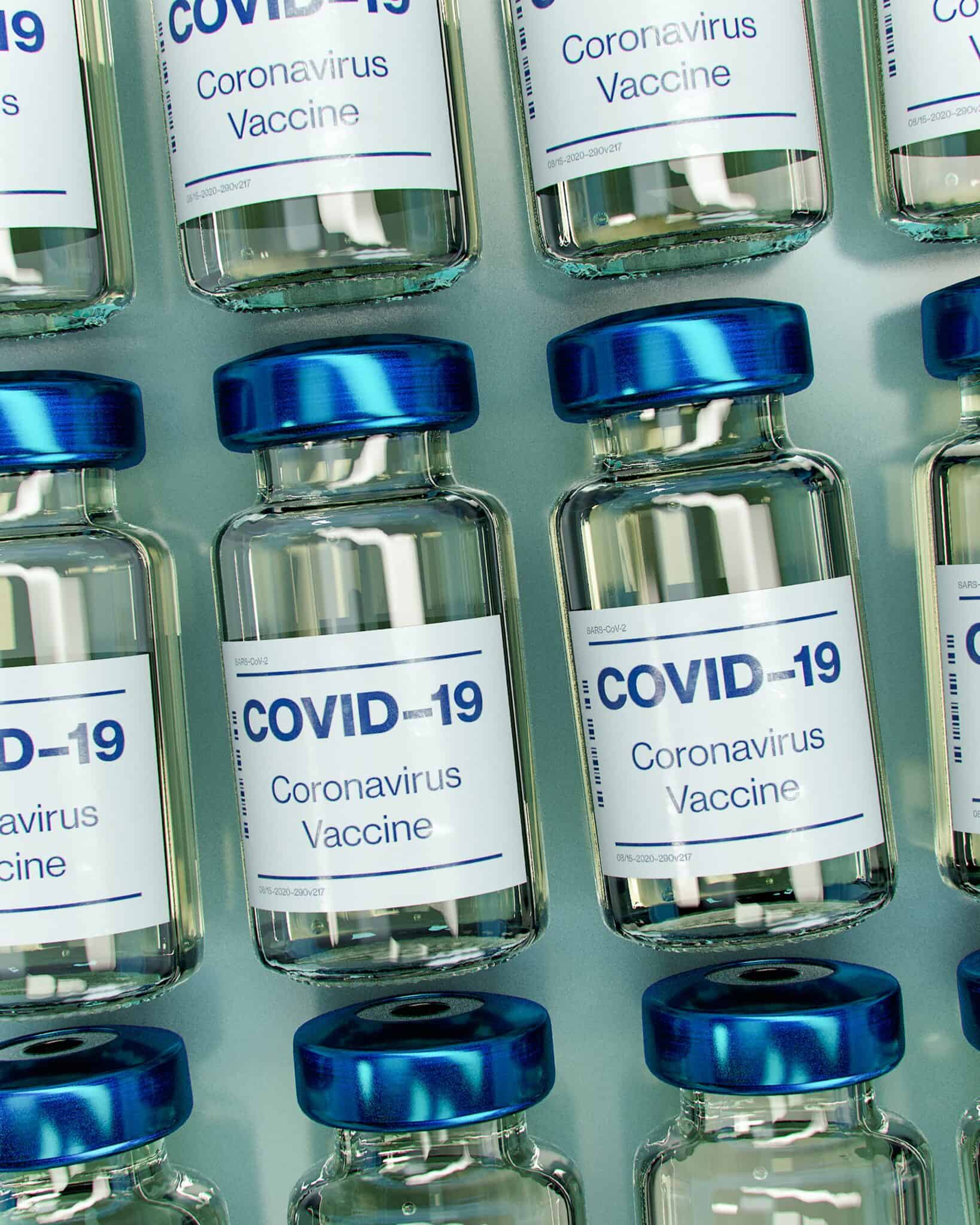
Fred Wang is a student at Harvard Law School.
Employers are divided on company-level vaccination policy, according to a New York Times survey published last week. Although the vast majority of large corporations plan to require vaccinations for at least some workers, there remains meaningful variation in terms of what these vaccine requirements will look like. Some employers will allow regular testing as an alternative to vaccination. Many go “above and beyond” the federal vaccine-or-test requirements that the Supreme Court blocked last month. Some require booster doses; most do not. And some will defer to federal, state, or local mandates — and not enact their own requirements. The result is a patchwork system of vaccination requirements that can vary based on one’s occupation, employer, city, or state.
Employment-recovery prospects for leisure and hospitality workers remain dim, despite general labor market tightness, according to a recent piece in HuffPost. Job numbers in the food-service and accommodations industries are down from their pre-COVID-19 levels, leaving workers laid off at the start of the pandemic “waiting for callbacks they’re no longer sure will come.” This protracted recession is likely the result of depressed consumer demand: people are going out and traveling less because of COVID-19. But workers fear that employers may be using the pandemic as a reason to permanently slash services and labor costs.
Uber’s proposal to establish pooled-benefit programs is a “bad deal” for platform workers, Simon Archer and Josh Mandryk argue in Jacobin. In Canada, the ride-share company is encouraging the creation of pooled-benefit funds that would, in Uber’s words, “protect the flexibility of platform work, while providing additional benefits and protections to workers.” In effect, the proposal is a half-measure that Uber will likely use to stall employment law reforms classifying platform-work drivers as employees. As the authors point out, “Uber’s financial incentive in the portable benefits plan is obvious: it is less than half the cost of existing benefits to which employees are currently entitled.”






Daily News & Commentary
Start your day with our roundup of the latest labor developments. See all
February 11
Hollywood begins negotiations for a new labor agreement with writers and actors; the EEOC launches an investigation into Nike’s DEI programs and potential discrimination against white workers; and Mayor Mamdani circulates a memo regarding the city’s Economic Development Corporation.
February 10
San Francisco teachers walk out; NLRB reverses course on SpaceX; NYC nurses secure tentative agreements.
February 9
FTC argues DEI is anticompetitive collusion, Supreme Court may decide scope of exception to forced arbitration, NJ pauses ABC test rule.
February 8
The Second Circuit rejects a constitutional challenge to the NLRB, pharmacy and lab technicians join a California healthcare strike, and the EEOC defends a single better-paid worker standard in Equal Pay Act suits.
February 6
The California Supreme Court rules on an arbitration agreement, Trump administration announces new rule on civil service protections, and states modify affirmative action requirements
February 5
Minnesota schools and teachers sue to limit ICE presence near schools; labor leaders call on Newsom to protect workers from AI; UAW and Volkswagen reach a tentative agreement.